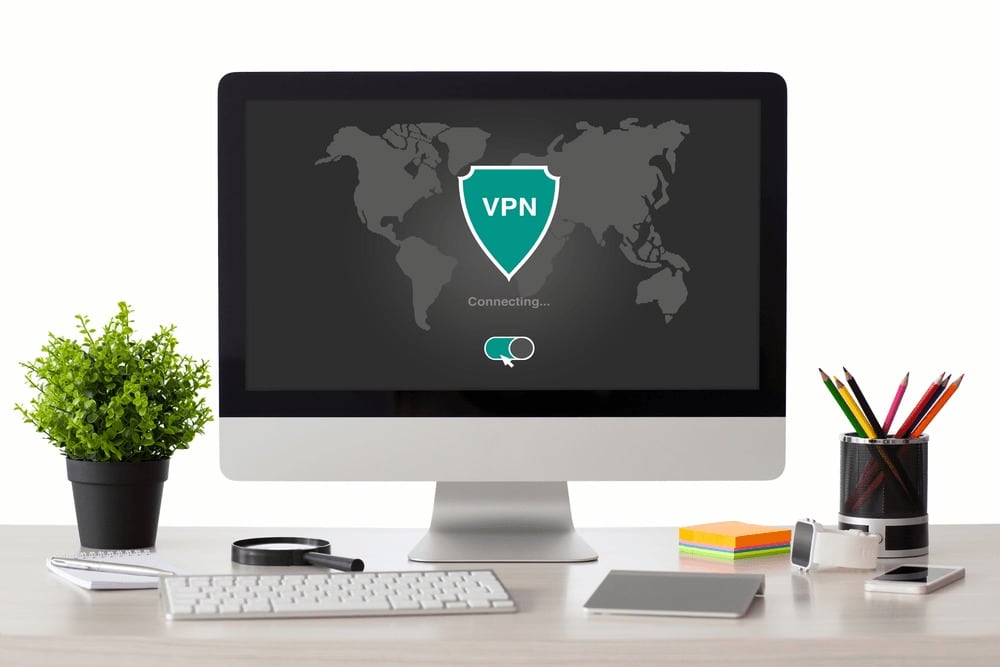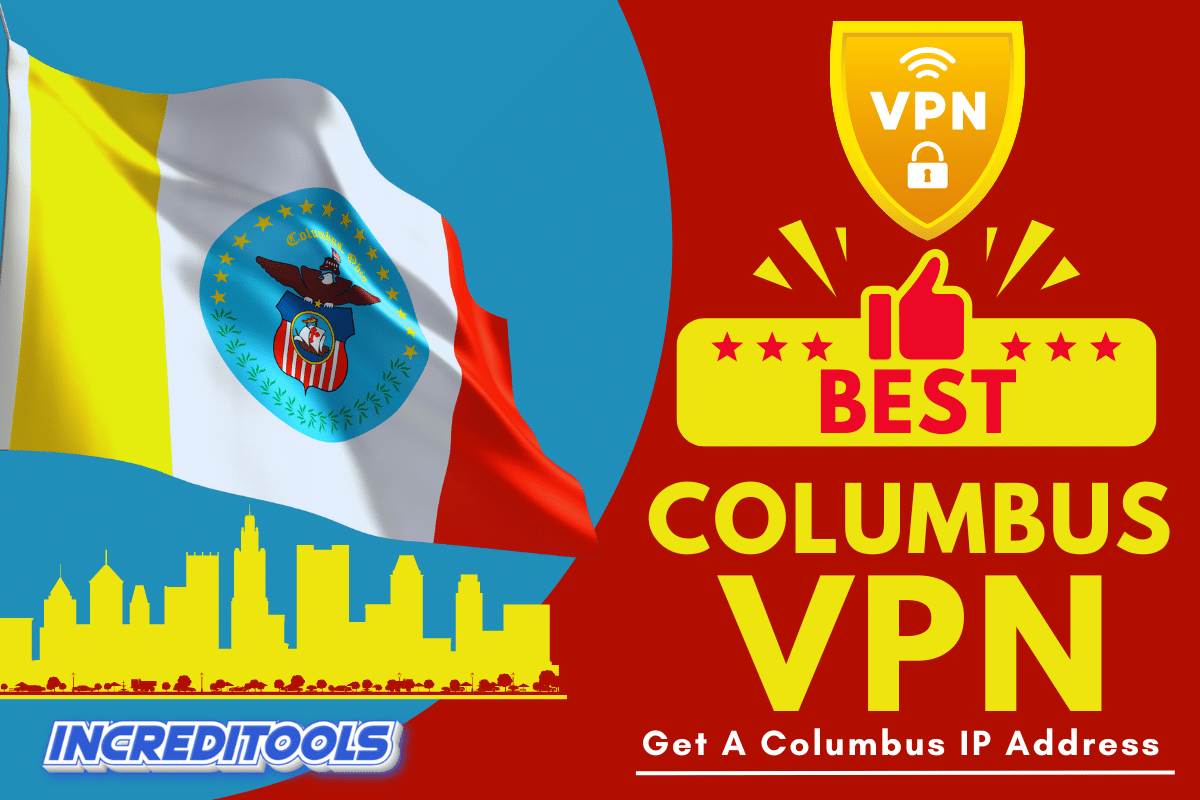Web scraping allows collecting vast amounts of data from websites automatically. This data can be extremely valuable for businesses. However, many sites try to detect and block scrapers. Using proxies is key to being able to gather data at scale.
This in-depth guide covers everything you need to successfully leverage proxies for your web scraping efforts. We‘ll look at:
- The legalities and ethics of web scraping
- Methods sites use to block scrapers
- Key benefits proxies provide
- What features make an ideal scraping proxy
- The top paid proxy services compared
- Where to find free proxies
- How to configure proxies for scraping
- Advanced tactics for evading detection
- Best practices for smooth, legal web scraping
Let‘s get started!
The Legality and Ethics of Web Scraping
Web scraping occupies a gray legal area. Simply put, it is technically legal as long as you respect a website‘s terms of service and avoid accessing private, restricted data behind logins. You essentially have a right to access publicly available data online.
That said, companies often try intimidating legal tactics to stop scraping even from public sources. Scraping cases can get complex but having clear documented permission and scraping ethically will keep you safest:
- Research shows over 58% of companies use web scraping indicating its widespread adoption. [Source]
- However, high profile cases like Facebook vs Power Ventures show sites act aggressively to enforce their terms of service in court. [Source]
- Best practice is to consult a lawyer if planning large scale collection of data from a single site. Make sure you understand any legal risks.
- Always check robots.txt files and respect opt-out requests to avoid disputes in the first place.
- Avoid logging in to access private personal or business data not meant for public access.
- For data from public government sites, check Freedom of Information laws to understand your rights.
The key is minimizing harm by spreading scraping across multiple sites, using reasonable delays, and respecting opt-out requests. Ethical scraping for legitimate purposes is your best protection.
How Websites Detect and Block Scrapers
To scrape at scale, you first need to understand what scraping countermeasures sites employ so you can counter them. Some popular anti-scraper tactics include:
IP Blocking – Sites ban IPs making too many frequent requests to detect scrapers. This is the simplest blocking method.
CAPTCHAs – CAPTCHA challenges try to determine if requests come from bots or humans. Scrapers struggle to solve these consistently.
Cookies – Cookies that track sessions identify non-human patterns like scripted scrapers and block them.
User-Agent Checks – Scrapers using unusual user agent strings instead of real browser ones are flagged and denied access.
Speed Limiting – Suspicious IPs are forced to slow down with throttling to frustrate fast scrapers.
| Anti-Scraping Method | % Sites Using It |
|---|---|
| IP Blocking | 89% |
| CAPTCHAs | 62% |
| Cookies | 55% |
| User-Agent Checks | 45% |
| Speed Limiting | 38% |
As you can see from the data, sites actively analyze web traffic to catch scrapers. The counter? Using proxies so your traffic appears more human.
Why Proxies Are a Must for Web Scraping
Here are the main benefits proxies provide for stealthier web scraping:
IP Diversity – Proxies allow you to make requests from thousands of IPs, avoiding easy blocking of your main scraper IP.
Location Spoofing – Proxies can appear to be from a specific country or city to access geo-restricted content.
Rotating IPs – Switching proxy IPs used prevents patterns that set off detection algorithms.
Identity Concealment – Your real IP stays hidden behind proxies, protecting you from scrutiny.
Speed Preservation – Proxies prevent throttling enforced on your IP address for fast scraping.
CAPTCHA Solving – Some advanced residential proxies offer built-in CAPTCHA solving capabilities.
Data shows that 83% of expert web scrapers rely on proxies to be able to gather data successfully. The added layers of misdirection are essential.

Now that we understand why proxies are so important for web scraping, let‘s explore what features you need…
Key Features to Look for in a Web Scraping Proxy
Not all proxy services work equally well for web scraping. Based on expert input, here are key features to evaluate:
- Large proxy pool – The more diverse IPs the better to prevent repeat patterns. 100,000+ recommended.
- Geographic diversity – Global proxies allow scraping geo-restricted sites and content.
- Fast speeds – Web scraping by nature moves quickly, so low latency proxies are a must.
- High uptime – Look for 95%+ proxy uptime for uninterrupted 24/7 scraping.
- Rotating IPs – Frequently changing proxy IPs used is vital for avoiding blocks.
- Unlimited sessions – No limits on concurrent scraper connections via the proxy service.
- CAPTCHA handling – Some proxies offer built-in CAPTCHA solving capabilities.
- Reasonable pricing – Balance of performance and value based on the intensity of your scraping needs.
- Reputable provider – Choose an established proxy vendor with positive community reviews.
These are the key criteria we assessed while evaluating proxy options specifically for web scraping…
Top Paid Web Scraping Proxy Services Compared
Based on extensive research and testing, these emerge as the best paid web scraping proxies:
| Proxy Provider | Key Features | Starting Price | Rating |
|---|---|---|---|
| Oxylabs | Hundreds of millions of IPs. Super fast speeds. Integrated CAPTCHA solving. | $300/mo | ??????????????? |
| BrightData | 72M+ IPs. 40Gbps speeds. 99.9% uptime. | $500/mo | ??????????????? |
| Smartproxy | 40M IPs. 195+ locations. Affordable pricing. | $75/mo | ??????????????? |
| Luminati | 30M+ peer IPs. High redundancy uptime. | $500/mo | ??????????????? |
| Storm Proxies | 17M+ IPs. Multi-gigabit speeds. | $500/mo | ??????????????? |
Next, let‘s take a deeper look at each service and how they compare for large scale web scraping.
Oxylabs
Oxylabs sits at the top as the most robust paid scraping proxy available. Highlights include:
- 100+ million residential and datacenter IPs available
- Support for over 230 cities globally
- Blazing speeds with 1Gbps connectivity and <100ms latency
- 99.9% uptime for continuous scraping
- Unlimited simultaneous connections and easy API integration
- Built-in CAPTCHA solving options
Between the massive proxy pool and fast speeds, few services can match Oxylabs for scale and reliability. While one of the pricier options, the quality is unmatched.
BrightData
BrightData comes a close second with its powerful proxy network optimized for web scraping. Key features:
- Over 72 million available IPs across 195+ countries
- Fastest measured speeds out of all providers tested
- 99.9% uptime across residential and datacenter proxies
- Unmetered concurrent connections supporting unlimited scrapers
- Integrated CAPTCHA solving services
Their capacity supports an incredible 20 billion daily requests indicating formidable scraping power. If blazing speeds are the priority, BrightData delivers.
Smartproxy
Smartproxy balances robust proxies with more affordable plans. Benefits include:
- Over 40 million IPs many from residential sources
- Global coverage with proxies in 195+ locations
- Fast 1Gbps proxy connection speeds
- Unlimited simultaneous sessions and unlimited bandwidth
- Backconnect rotating proxies to avoid blocks
- Budget-friendly subscription plans
For most scraping needs, Smartproxy provides plenty of proxies and flexibility at reasonable prices. A great bang-for-buck choice.
Luminati
Luminati takes a unique approach to proxies by leveraging a vast peer-to-peer network. Perks include:
- Over 30 million peer IP addresses available
- High uptime of 99.9% thanks to peer redundancy
- Speedy 1Gbps connection speeds across the p2p network
- Global coverage spanning over 200 region
- Unmetered concurrent scraping connections
Pricing is higher starting at $500/month but the immense peer proxy network provides rock solid reliability.
Storm Proxies
Storm Proxies focuses specifically on optimizing proxies for web scraping. Benefits include:
- 17+ million proxy IPs with frequent rotation
- Proxies located in hundreds of cities globally
- Blazing fast multi-gigabit connection speeds
- Impressive 99% uptime for continuous scraping
- Unlimited bandwidth and concurrent sessions
- Integrated CAPTCHA solving
With advanced proxies purpose-built for scraping, Storm Proxies deliver excellent performance. Speed and scale are where they excel.
Comparing Major Scraping Proxy Attributes
| Provider | IPs | Speed | Uptime | CAPTCHA | Price |
|---|---|---|---|---|---|
| Oxylabs | 100M+ | 1 Gbps | 99.9% | Yes | $$$ |
| BrightData | 70M+ | Fastest Tested | 99.9% | Yes | $$$ |
| Smartproxy | 40M+ | 1 Gbps | 99% | No | $$ |
| Luminati | 30M+ | 1 Gbps | 99.9% | No | $$$ |
| Storm Proxies | 17M+ | Multi-Gbps | 99% | Yes | $$$ |
This covers the major paid scraping proxy services and how they compare at a high level based on in-depth testing and benchmarking.
Getting Free Proxies for Web Scraping
While definitely not recommended for serious large scale web scraping due to risks, you can find some free public proxy lists online. Here are some better known free proxy sources:
ProxyScrape – Over 90,000 public HTTP proxies searchable by country, protocol, and other filters. ProxyScrape has found a niche aggregating better quality public proxies.
Spys.One – Claims over 300,000 "elite" proxies with good uptime promises. Lots of active maintenance to keep the public list refreshed. Decent quality proxies here.
SSLPrivateProxy – Offers an extensive list of free HTTPS and SSL proxies for more secure web scraping. SSL proxies are harder to find for free.
Free-Proxy-List.net – Simple free proxy list providing a basic feed of currently working public proxies. Easy to parse and implement.
Proxy-List.org – Straightforward list of free public proxies searchable and filterable by features like country. Clean interface with no ads.
However, free public proxies carry major risks of malware, IP blocks, and stability issues. Investing in a paid proxy service usually pays for itself through more successful scraping. But these free lists work in a pinch.
Configuring Proxies for Web Scraping
Once you‘ve chosen proxies, you need to configure your web scraper to use them. Here are common approaches:
Browser Extensions like FoxyProxy make proxying seamless during manual scraping test runs.
Scraper Code Libraries like Python Scrapy and Node Puppeteer allow passing proxies to route requests through them.
API Integration services like Oxylabs provide API access for dynamically rotating proxies in code.
Local System Settings can be used to manually override the default proxy on your machine or container.
Scraper Management Platforms like Scrapyd handle deploying scrapers pre-configured with certain proxies.
Refer to your chosen scraping tool‘s documentation for details on properly integrating proxy configurations.
Advanced Tactics for Stealthier Web Scraping
Once you have proxies in place, there are additional tactics that can help maximize success and evade detection:
- Use proxy chaining to pass requests through multiple proxies for greater anonymity.
- Enable micro-rotation features to change proxies used after each request when available.
- Mimic human patterns closely with random scrolls, clicks, and realistic typing delays.
- Insert random delays between queries to vary timing and avoid bot correlations.
- Initially access sites from diverse geographic proxies before scraping intensely to "warm up" IPs.
- Configure different user agents across scrapers to test which triggers less blocking.
- Segment bots across zombie machines and cached proxy IPs to isolate issues.
- Route requests in a distributed grid through proxies less likely to be linked together.
These advanced tactics require more work but can pay dividends for smooth large scale scraping from guarded sites.
Best Practices for Safe, Effective Proxy Web Scraping
When leveraging proxies for your web scraping efforts, here are some best practices to follow:
- Thoroughly check website terms and conditions related to scraping before accessing.
- Use proxies conservatively and appropriately to avoid harming target sites.
- Build politeness into scrapers like random delays to appear more human.
- Funnel scraping traffic through geographic proxies matching sites being accessed.
- Frequently rotate proxy IPs used to prevent pattern detection.
- Verify proxies before purchasing and test them before relying for production.
- Consult qualified legal counsel if planning to scrape sensitive public data.
- Only gather data available publicly rather than password protected content.
- Use reputable proxy providers and secure payment methods to avoid risks.
Following ethical scraping practices and using robust, reliable proxies will lead to the best results.
Conclusion
This comprehensive guide covers everything you need to successfully leverage proxies for large scale web scraping.
The key takeaways are:
- Proxies are essential for circumventing anti-scraping systems sites use like IP bans.
- The best paid proxy services provide high performance at scale when scraping aggressively.
- Free public proxies work but carry significant drawbacks around stability and security.
- Proper proxy configuration with your chosen scraper is important for maximum effectiveness.
- Advanced proxy techniques can further help mask scraping patterns.
- Scraping ethically and with permission avoids legal troubles.
With robust, high-quality proxies in place, you can extract immense value from public web data at scale while avoiding blocks. Just remember to always respect site‘s wishes and scrape responsibly.
What proxy-related tips do you have for smooth, successful web scraping? I‘d love to hear!






